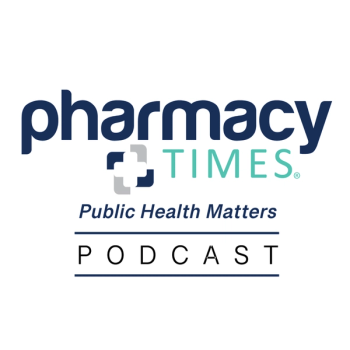
Tune into this episode of “Public Health Matters” to hear Dr. Kate Gainer’s journey in state pharmacy association and how advocacy and legislative initiatives can benefit pharmacists.

Tune into this episode of “Public Health Matters” to hear Dr. Kate Gainer’s journey in state pharmacy association and how advocacy and legislative initiatives can benefit pharmacists.

Sarah Rockwell, PharmD, BCOP, provides an overview of the safety and efficacy data of bispecific antibodies investigated in the MajesTEC-1, MonumenTAL-1, and MagnetisMM-3 trials, providing critical insights into the results of each study.

Ke Ning, MD, discusses the impact of the introduction of bispecific antibodies for treating patients with relapsed or refractory multiple myeloma.
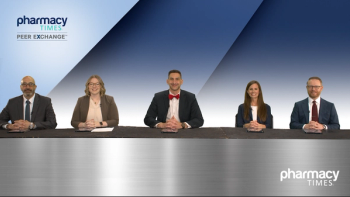
Focusing on PCSK9 inhibitors, inclisiran, and bempedoic acid, the panel compares treatment efficacy and outlines patient factors that influence treatment decisions.

Turning the focus to non-statin therapies, the panel outlines logistical barriers and discusses the characteristics that guide treatment selection in patients with ASCVD.

Key opinion leaders discuss the characteristics they consider when selecting among the different CDK4/6 inhibitors for individual patients, emphasizing the importance of evaluating the toxicity profiles of medications to choose the most appropriate therapy, as well as considering sequencing biomarkers and social determinants of health.

An expert panel discusses the clinical and economic impact of metastatic breast cancer (mBC) on patients, the prognosis for those with mBC, the three FDA-approved CDK4/6 inhibitors for HR+/HER2- mBC, and the importance of overall survival as a clinical trial endpoint and its relevance to clinical practice.
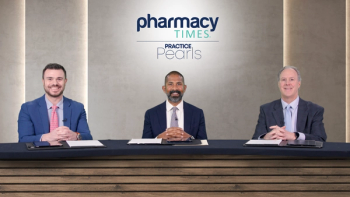
Arun Jesudian, MD; Ralph J. Riello, PharmD, BCPS, and Chas McCormick, RPh, MBA, highlight the crucial role of pharmacies in providing unbiased patient education. They also emphasize the significance of incorporating treatment protocols into medical health records and utilizing various tools to optimize the success of hepatic encephalopathy treatment.

Ralph J. Riello, PharmD, BCPS, discusses the adverse events associated with hepatic encephalopathy (HE) treatments and the importance of encouraging patients to continue first-line medications despite adverse reactions to prevent HE recurrence.
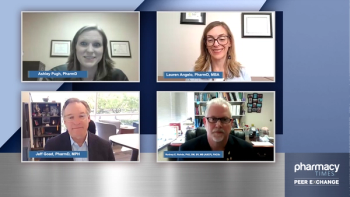
Jeff Goad, PharmD, MPH, stresses the significance of transparency in fostering vaccine confidence by underscoring the ongoing monitoring of vaccines as a means to increase public trust.

Lauren Angelo, PharmD, MBA addresses major factors contributing to vaccine hesitancy, including lack of healthcare provider recommendation and the vaccine's novelty, and provides guidance on counseling patients who are interested in the vaccine but uncertain about its safety and efficacy.

Scott Soefje discusses new treatment options for prostate cancer and highlights the important role pharmacists can play in coordinating care.

Christie Smith discusses navigating state pharmacy laws and advocating for policy changes to improve patient access and care coordination.

Automation has long been viewed as a tool to help improving staffing and workload, but Swanson said it can help a multitude of other challenges, as well.
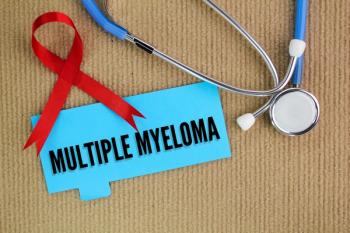
The vice president of pharmacy operations at American Oncology Network says that pharmacists can contribute by educating patients and offering resources for support and treatment adherence.

Elizabeth Cherry discusses the need to break down silos between manufacturers and health systems specialty pharmacies through more transparent collaboration to better serve patients.

Joe DePinto discusses innovative payment models like value-based agreements and warranties for cell and gene therapies

Sarah Butler discusses the important role pharmacists play in educating patients on these changes in medication prices.
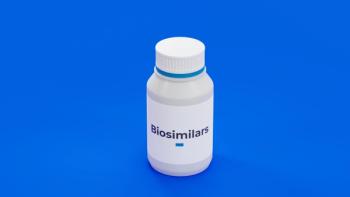
Fran Gregory discusses the challenges posed by rising drug costs and emphasized that optimizing the use of biosimilars, which are entering the market at much lower prices than their reference products.

KOLs emphasize the crucial role of collaboration between pharmacists and physicians in managing hepatic encephalopathy, stressing the importance of monitoring sedating medications, polypharmacy, and patient response to HE therapy, while making necessary adjustments to optimize care.

Medical experts discuss the challenges of starting treatment for newly diagnosed, cognitively impaired patients, addressing prescription processes, patient education, and the role of cost, care quality, and convenience in promoting successful medication adherence.

Clinical pharmacists discuss how to address key barriers that get in the way of implementing guideline-directed cholesterol treatment.

The panel compares the ACC/AHA cholesterol guidelines with the ESC/EAS guidelines and provides thoughts on how educational initiatives can be improved to increase familiarity and implementation.

Jon Mahrt discusses strategies for improving patient access to medications through affordability initiatives and utilization management of high-cost drugs.

The Mental Health First Aid training can bring awareness in pharmacies.

Christie Smith discusses a medically integrated dispensing model that aligns the goals of patients, physicians, and pharmacists.

Rodney E. Rohde, PhD, SM, SV, MB (ASCP), FACSc, leads a discussion on contraindications for vaccination, such as severe allergic reaction history, acute illness with or without fever, and the optimal timing for vaccination during pregnancy.

Panelists compare the currently available RSV vaccines for adults, considering their target populations, dosing, and administration to prevent RSV infection.

HSSPs improve medication adherence and reduce total health care costs by directly managing medications for complex chronic conditions like cancer, diabetes, COPD and CHF.
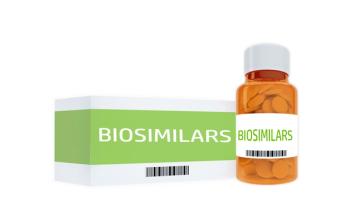
Tasmina Hydery, PharmD, BCGP, discusses how stakeholders can work together to generate and share real-world evidence on biosimilar effectiveness and switching in order to drive adoption and realize cost savings potential.